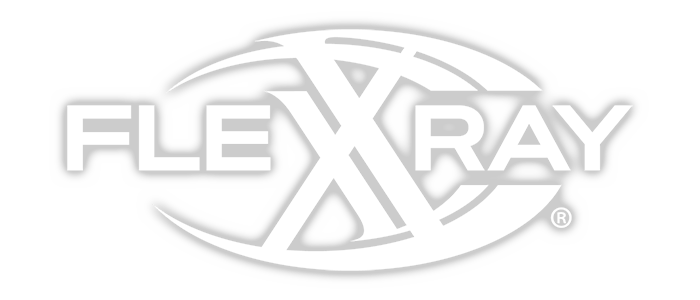 Foreign material contamination is a constant concern for dairy producers. It can happen anywhere and at any time during the production cycle. Dairy products are exposed to many production components that create additional risk of breakage, creating foreign material contamination. Production machinery is typically composed of complex parts that can wear down and end up in dairy products without being detected, no matter how well-maintained they are.
Foreign material contamination is a constant concern for dairy producers. It can happen anywhere and at any time during the production cycle. Dairy products are exposed to many production components that create additional risk of breakage, creating foreign material contamination. Production machinery is typically composed of complex parts that can wear down and end up in dairy products without being detected, no matter how well-maintained they are.
The risk is high for foreign contamination, and producers should take extra steps to ensure a high level of visibility throughout the production process. While this risk varies across the spectrum of dairy products, with cheese posing the highest risk and fluid milk typically posing the lowest, all producers need to be vigilant. Dairy products that incorporate non-dairy components like fruit and nuts in yogurts or cream cheeses carry added risk from solids like fruit pits or other ingredient byproducts.
By far, the most common material at risk of contaminating dairy products is metal. The dairy processing environment is replete with metallic machinery that includes pumps, blenders, extruders, fillers and more. Breakage or failure of any one of these components creates a high likelihood of metallic foreign material contamination. Unfortunately, the machinery at critical control points may miss this contamination if not calibrated to detect the correct materials.
Metal, however, is not the only foreign material contaminant that can affect dairy products. Manufacturers also have to worry about materials like rubber and glass. When workers inspect products, they are almost always wearing gloves made of rubber or latex. A tiny rip in a glove can break off into product without being noticed until much later – if at all. This situation may sound speculative, but at FlexXray, it’s typical of foreign material contamination we see every day. The employee may have inspected hundreds of products by the point at which the contamination occurs, and it could be too late to track down where the piece of glove was lost. With glass, when products are packaged into glass bottles or jars, cracks, chips and shards occur all too often. While it may seem like crack would cause an immediate alert, production lines move so quickly that mistakes can happen. If the jar was broken before it was sealed, it is possible that a shard of glass could contaminate other glasses in the product run.
Foreign material contamination can cause several kinds of risks for dairy producers, especially in today’s consumer climate. With the demand for plant-based milk alternatives on the rise, it is more important than ever for the dairy industry to recognize the overall public perception of their products. According to industry expert and FlexXray’s Vice President of Operations, Kye Luker, “The dairy industry as a whole is in a precarious position. Any foreign material contamination issue could risk secondary damage to brand and industry reputations.” Even the most vigilant manufacturers with strict internal processes, multiple filtration systems and routine quality assurance checks can’t do enough to mitigate foreign material contamination completely
So what should dairy producers do to combat foreign material contamination and resolve on-hold product? Two highly effective methods are metal detection and x-ray inspection. Both are widely adopted across the industry and regarded as necessary processes in dairy product inspection. While many manufacturers do not have high-powered metal detectors and x-ray inspection machines in their processing plants, partnering with a third-party inspection company like FlexXray is the best way to ensure product is thoroughly inspected and quickly. “When reprocessing and refiltering product isn’t available, third party inspection is the best swift resolution,” Luker said.
Third-party inspection is essential to making sure dairy products hit store shelves uncontaminated and on time. Dairy producers who have on-hold product due to foreign material contamination or are facing challenges with product not being thoroughly inspected, call FlexXray for a free sample test at 817-873-2658.

Leave a Reply
You must be logged in to post a comment.